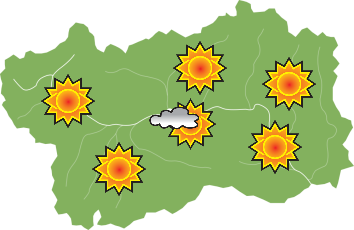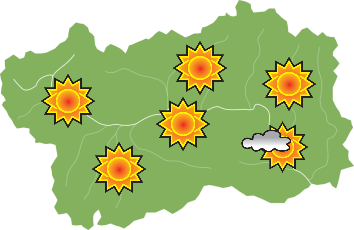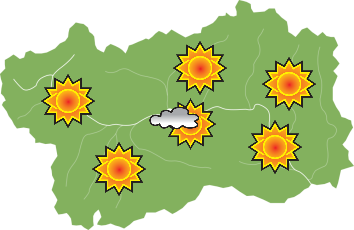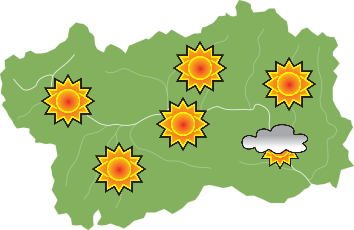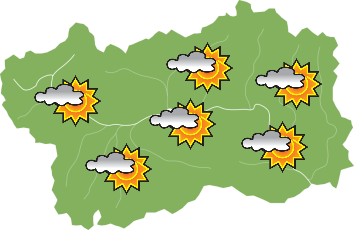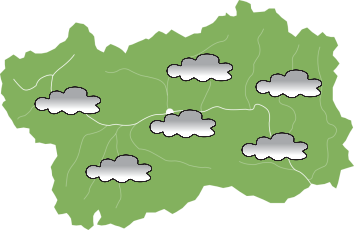Châtel Argent
Località: Вилльнёв
Possibility of extraordinary openings, on reservation, for groups of over 15 people and with an additional price of 3 € on the access ticket.
Opening times are subject to variations: we advice to verify them on the web site reported in the “Contact” area.
Prices refer to guided tours organized in the summer.
Reduced entrance-fee: students aged up to 25 years (from 19 to 25 years with document certifying the student’s condition), persons accompanying disabled visitors, groups led by tour or nature guides and Abbonamento Musei owners.
Free entry: children aged up to 6 years, disabled visitors, people living in the municipalities of Fondation Grand Paradis (Aymavilles, Cogne, Introd, Rhêmes-Saint-Georges, Rhêmes-Notre-Dame, Valsavarenche, Villeneuve), tour or nature guides.
Reductions: for owners of “Carta Amico di Cogne”, Touring Club Italiano members and their families, persons accompanying Touring Club Junior’s members and owners of the access ticket to Parc Animalier d’Introd, Bard Fortress, M.A.V.
The visit is included in the Fondation Grand Paradis joint ticket (full price € 8.00, reduced entrance-fee € 4.00), valid for a year from the date of issue for visiting the sites run by the Fondation Grand Paradis.
Access to people with disabilities: only possible if leaving from the Champlong hamlet, going through a non-asphalted uphill path of about 100 meters (not during the guided visit).
Contatti
Book your visit to the castle here.
Recent studies have shown that the current configuration of the castle dates back to around 1275; however the place name Castrum Argenteum had already appeared in 1176.
The constructor was probably Master James of Saint Georges, the architect of Count Peter II, already active in Wales. The promontory on which the castle stands and which overlooks the residential area of Villeneuve had already been inhabited in protohistoric times and during the Roman era.
Its strategic position ensured that the castle remained property of the Count of Savoy along the centuries.
The castle consists of a vast enclosure with fortifications and a watchtower on the outside.
On the eastern side is the chapel, the oldest part of the complex (11-12th century). The western part of the enclosure is delimited by a defence wall which contains the entrance. This second perimeter structure contained the residential wings, now destroyed, buttressed against the wall, the vaulted cistern and the circular keep.
The architecture puts in evidence the defensive aspect of the original structure: the entrance door was placed some meters above the earth level and the only openings are the embrasures that are practically invisible from the outside.
The castle can be reached on foot in about fifteen minutes from the little road starting from the bridge over the Dora Baltea, in the village of Villeneuve.





